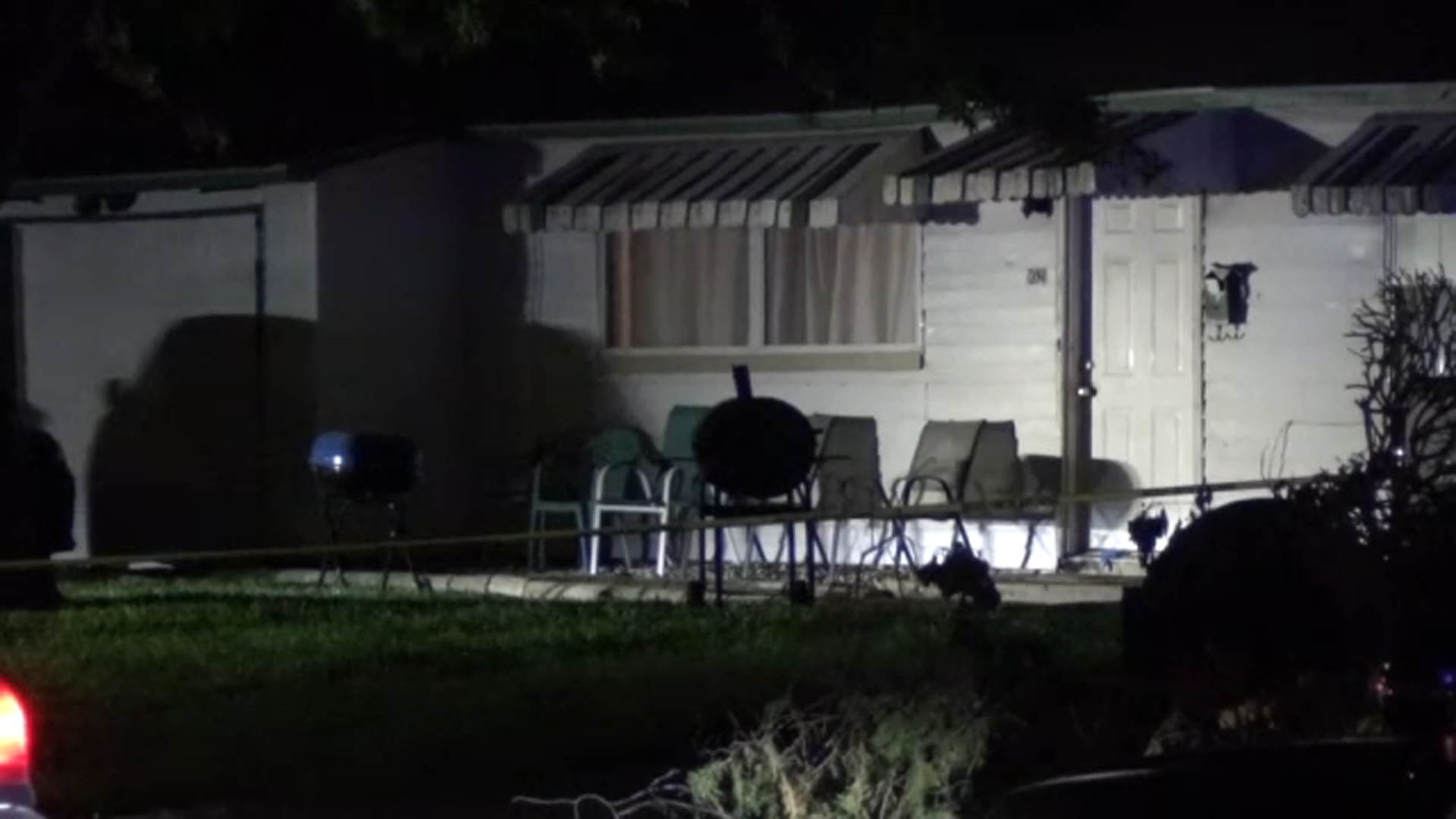Teen at center of groundbreaking genetic mutation study at Texas Medical Center has died

TOMBALL, Texas (KTRK) -- Sammy Lopez lived with a rare genetic mutation, which went misdiagnosed for years. Now while he was participating in a groundbreaking new study, Sammy has died. We're told the inspirational young man died in his sleep, nearly two months after ABC13 first told his story.
The 18-year-old was a graduate of Tomball High School, where he was the manager of the football team, and he reached Boy Scout's highest rank -- his proudest achievement aside from a touchdown run during his team's spring game.
"We had him put into the hospital for testing," said his father Johnny Lopez. "They tested him for a whole week. They were poking his legs with needles. They were drawing blood. And they just couldn't find anything."
Sammy had been in and out of hospitals more times than his parents can count.
His mother, Maricela, first noticed something was off when Sammy first walked at 13 months.
"His little legs would just cave in, cave in like noodles almost," she told Eyewitness News. "So that startled me. I was like, 'What's going on? This is not normal.'"
From there, the symptoms worsened. His speech, once clear and effortless, became slurred. He suffered seizures, muscle weakness, glandular and organ deficiencies.
"It causes your muscles to break down," said Maricela, "and that can cause renal failure and in some extreme cases it can cause cardiac issues. And it is fatal."
Sammy had what's called Tango2 Mutation. It's a syndrome that genetic researchers identified for the first time in 2016 in the Texas Medical Center. Until then, the disease had no name.
"Each of us are born with two copies of each gene," explained Dr. Christina Miyake, "and for this specific disease you really need to have alterations in both copies of the gene. And when that happens, it can cause a disease that really manifests in many different organs in the body."
And now, for the first time a major study is underway here at Texas Children's Hospital and the Baylor College of Medicine to better understand the disease, how to treat it, and maybe how to cure it.
"Most of the children are born relatively healthy and normal and as they progress you begin to see some signs and symptoms," said Dr. Miyake.
Dr. Miyake is a heart doctor who's part of the research team.
"We don't know what Tango2 as the gene or as the protein actually does in the body," she said.
Sammy was one of only three dozen people in the world who are known to have Tango2, but there are likely many more. Diagnosis requires a specialized genetic test.
Sammy, despite his challenges, was looking forward and even enrolled in college.
There is a foundation now and online support groups for parents who for so long have searched for answers and are still looking for more.





